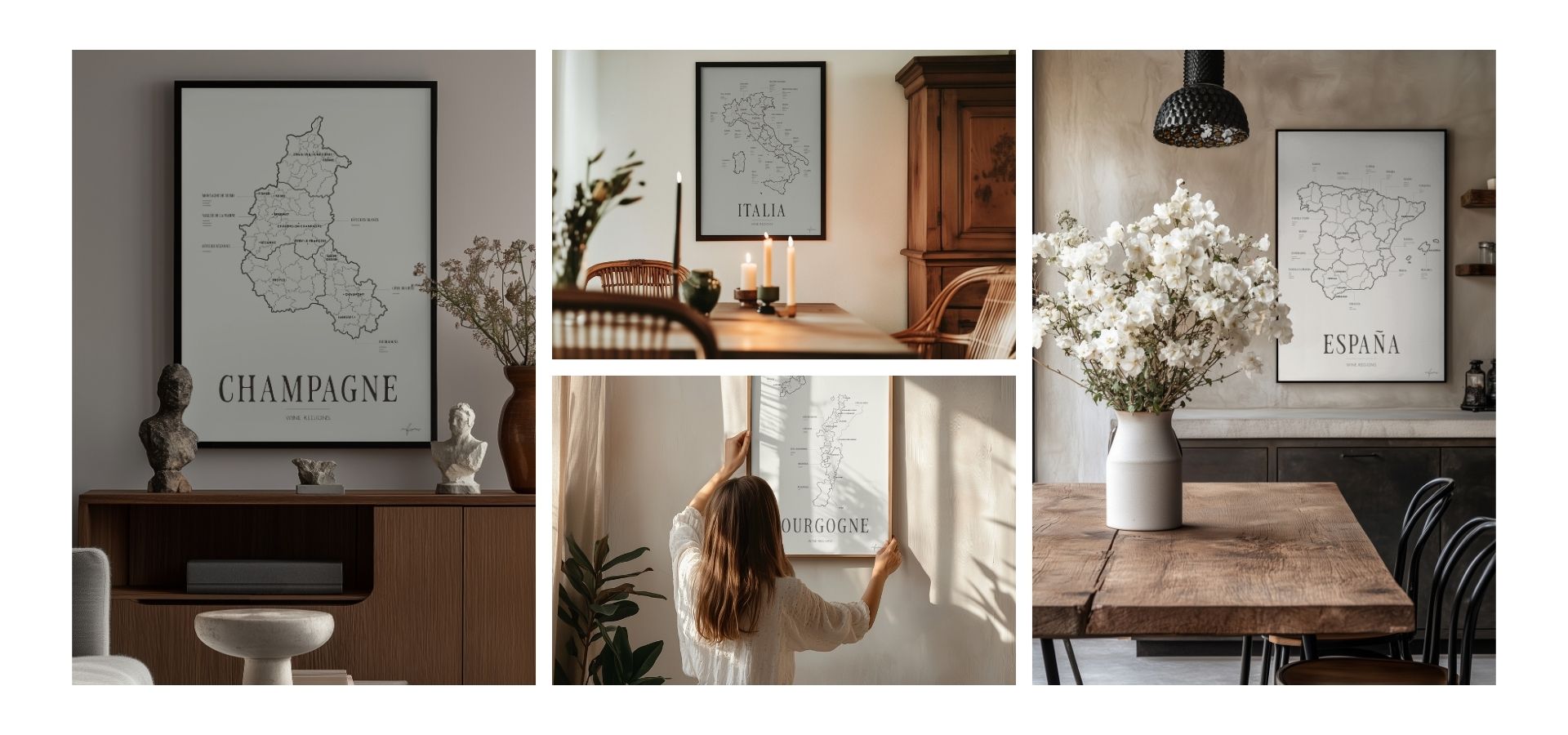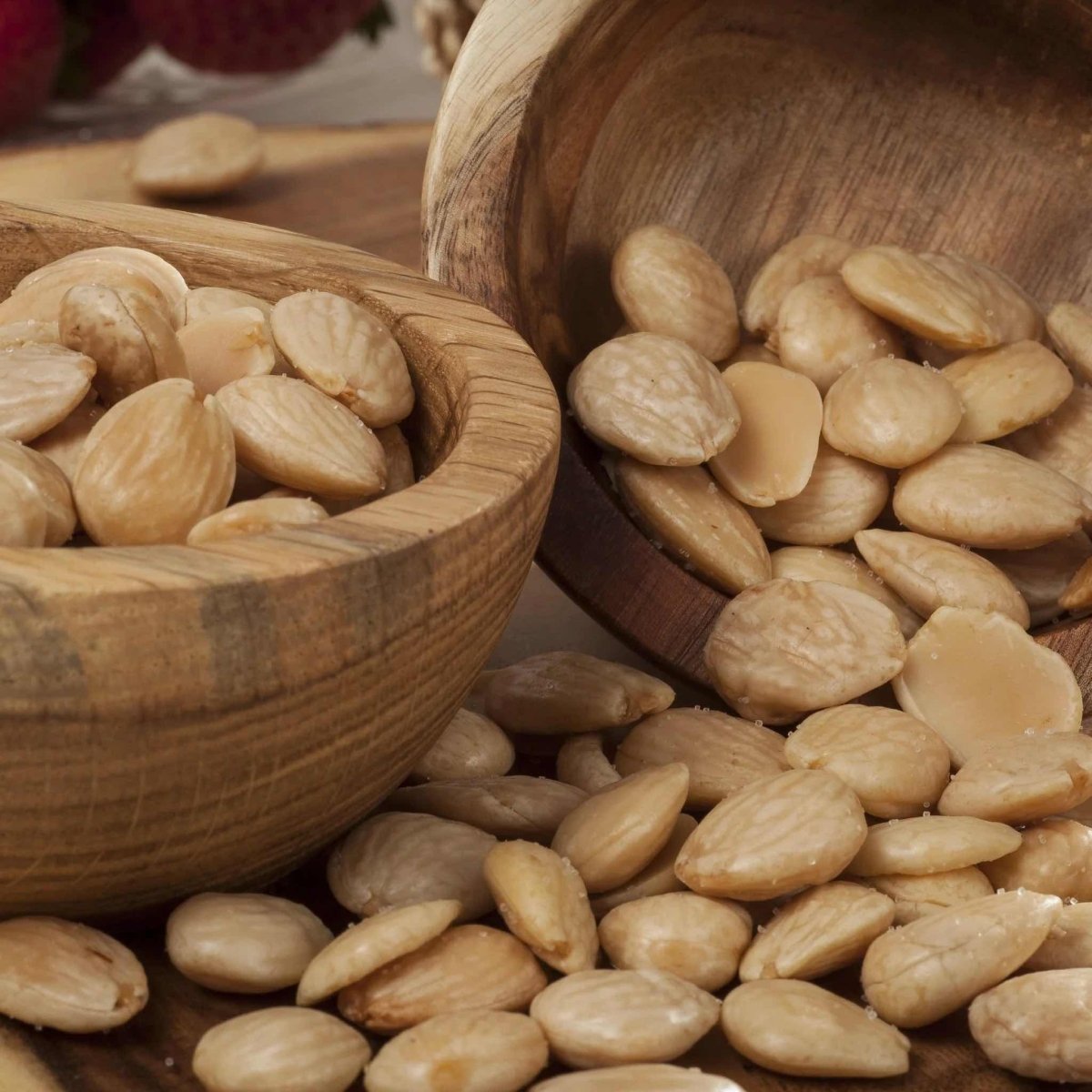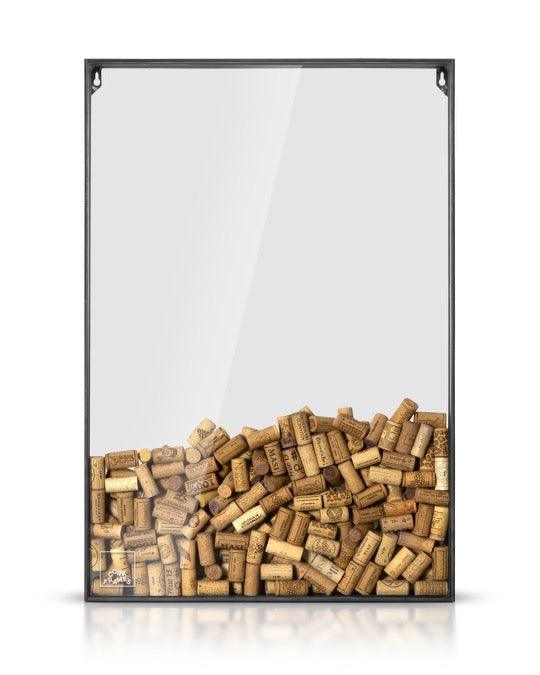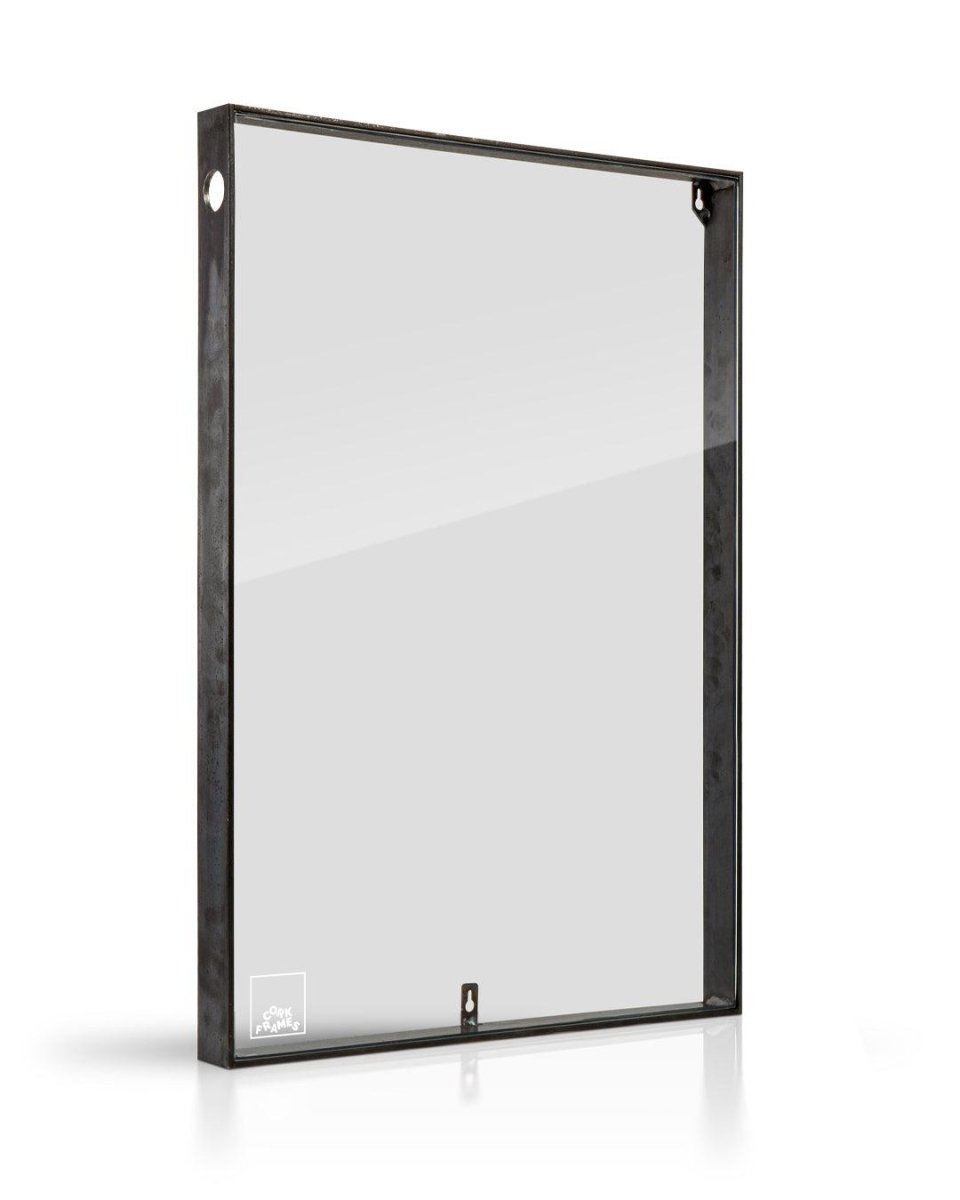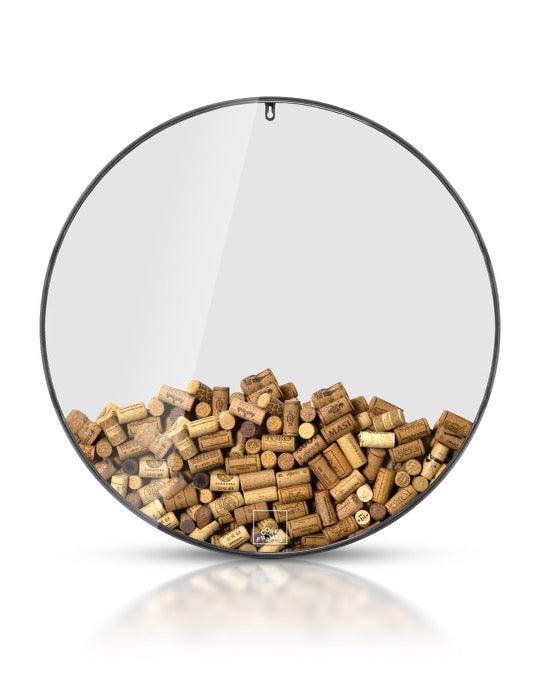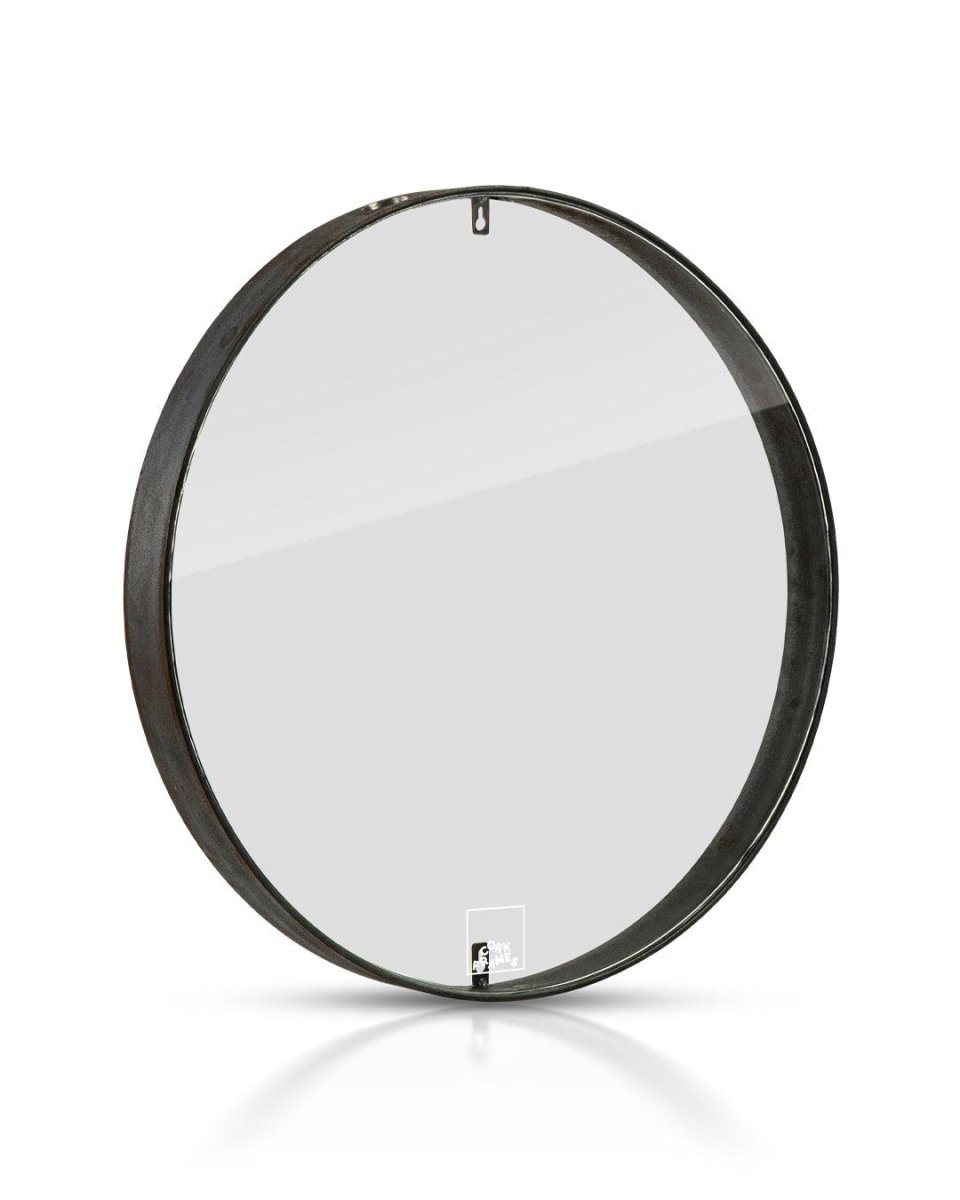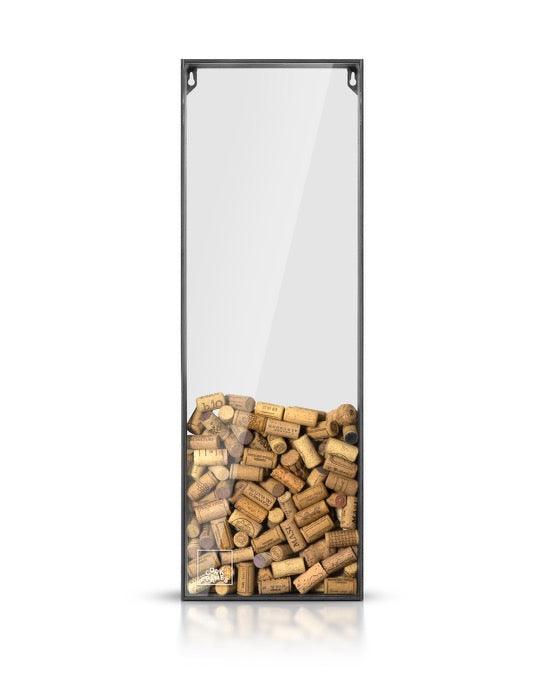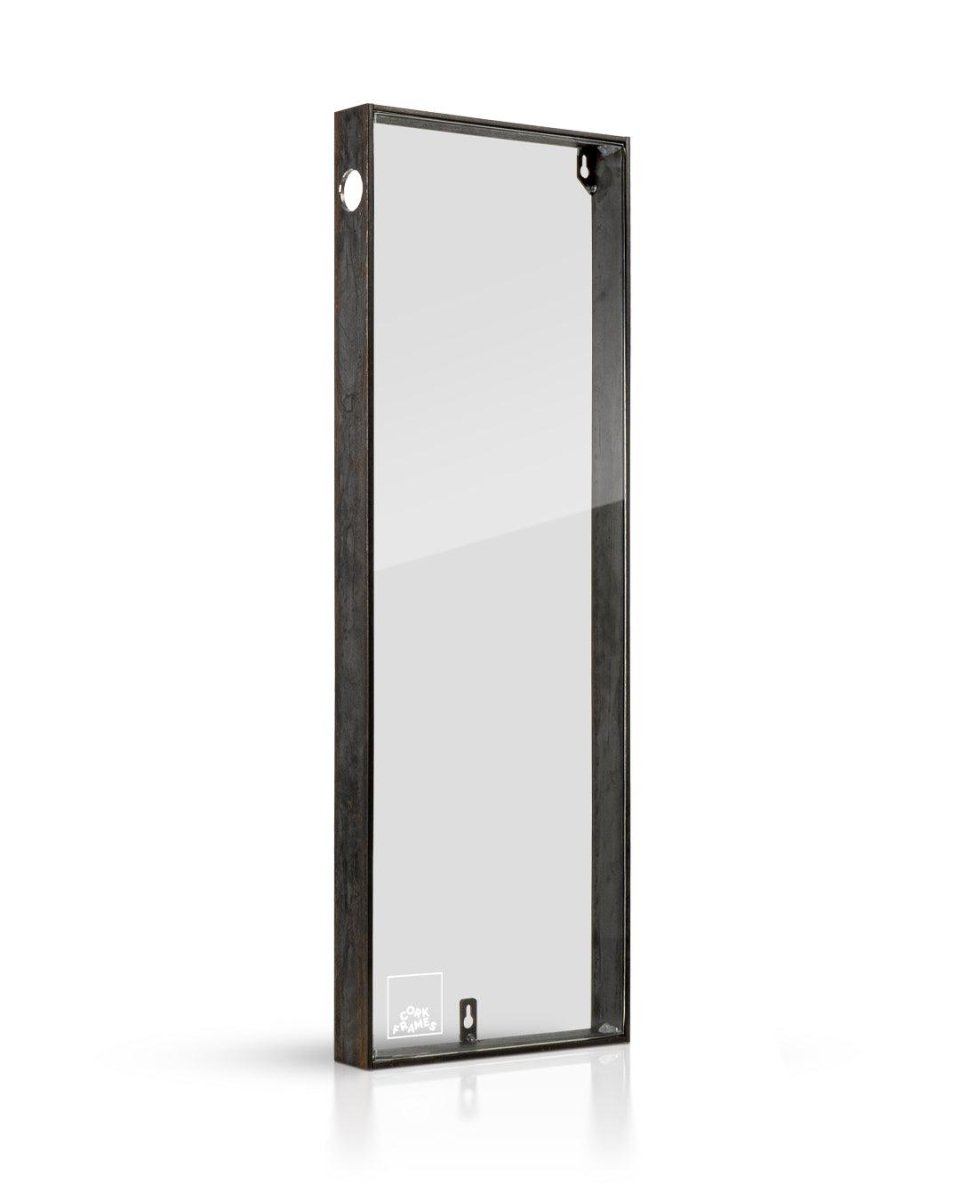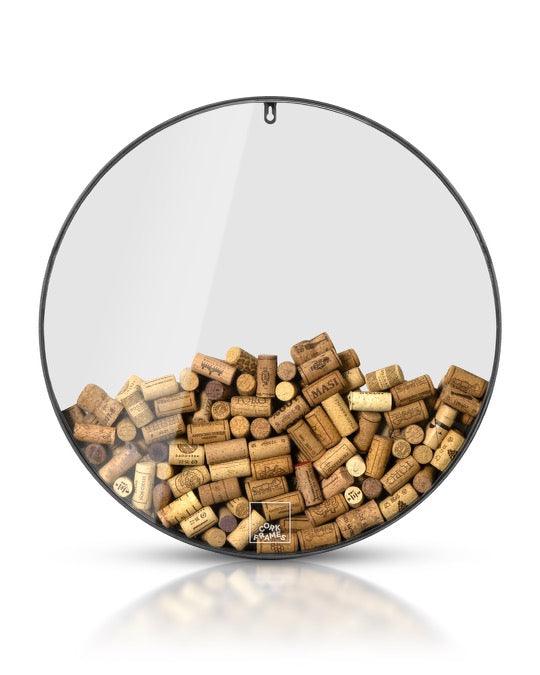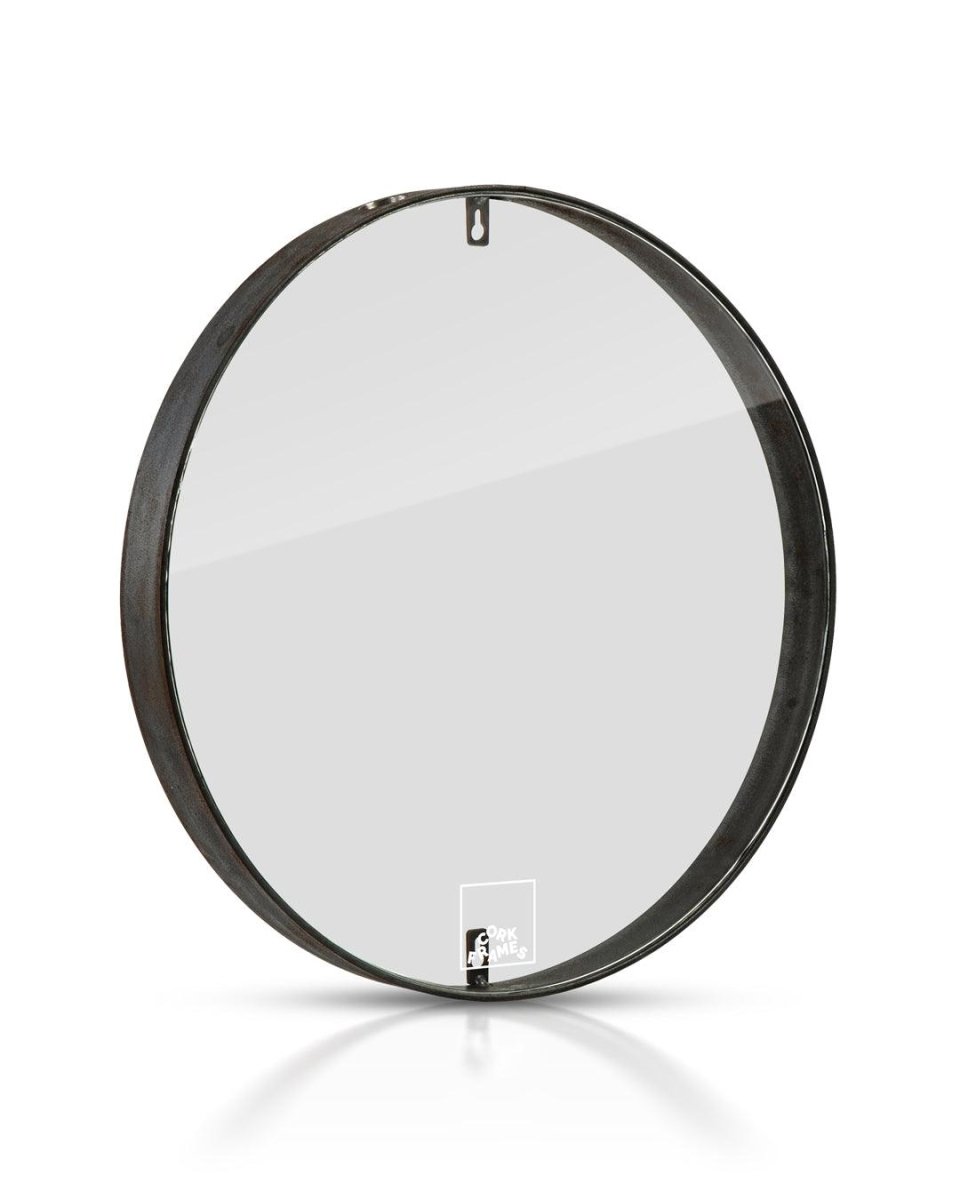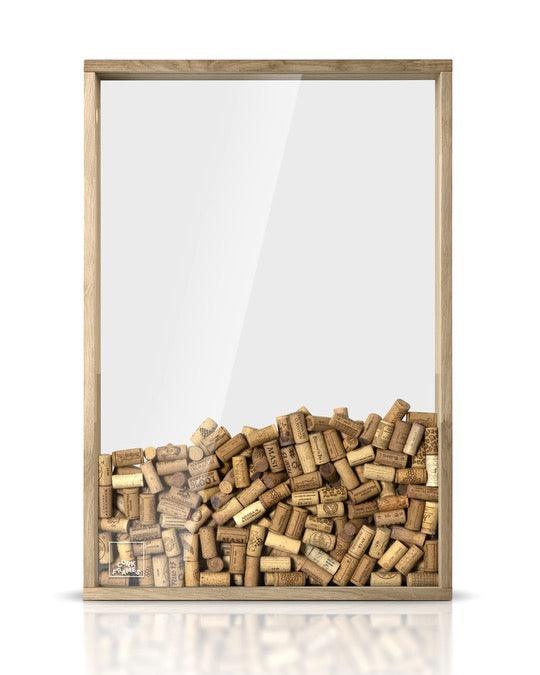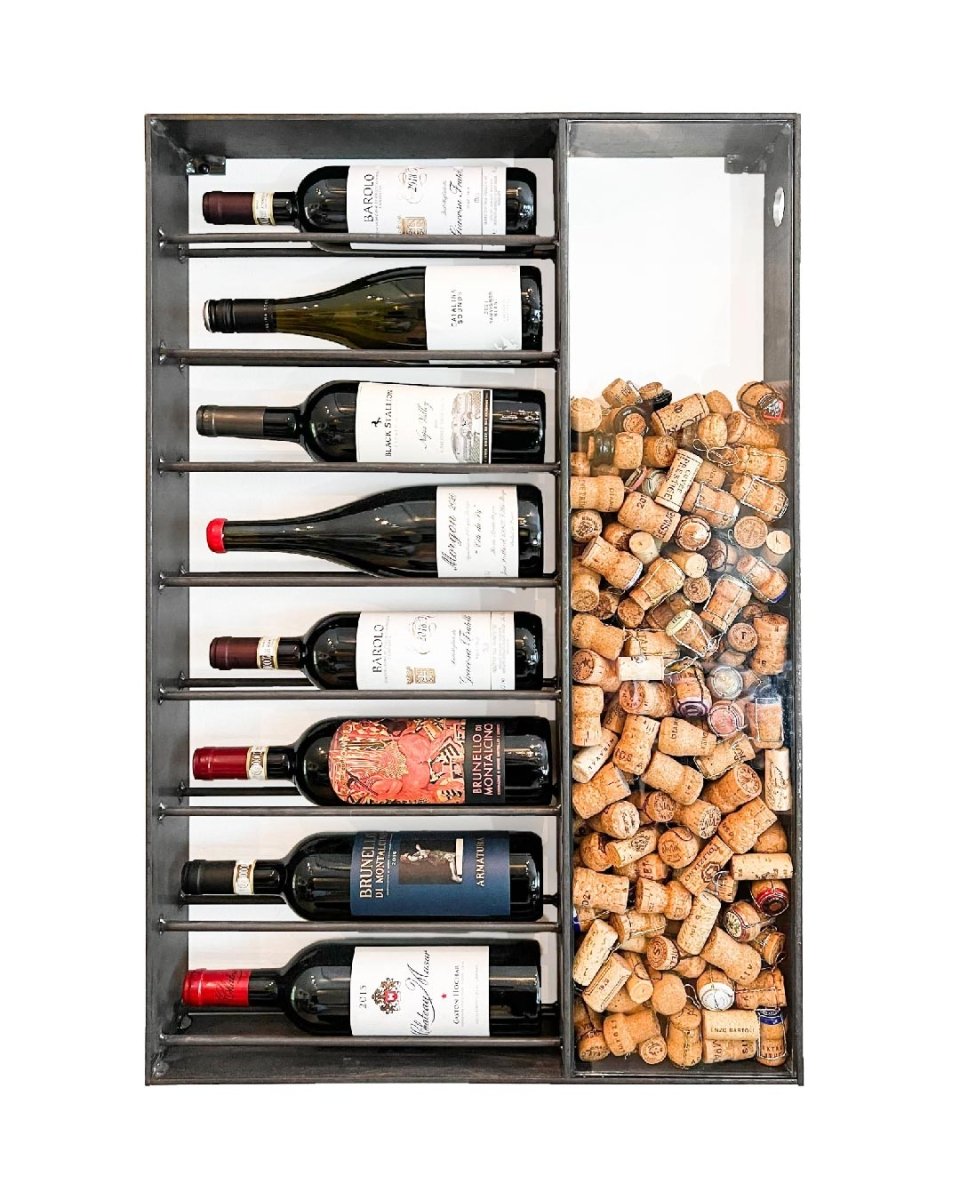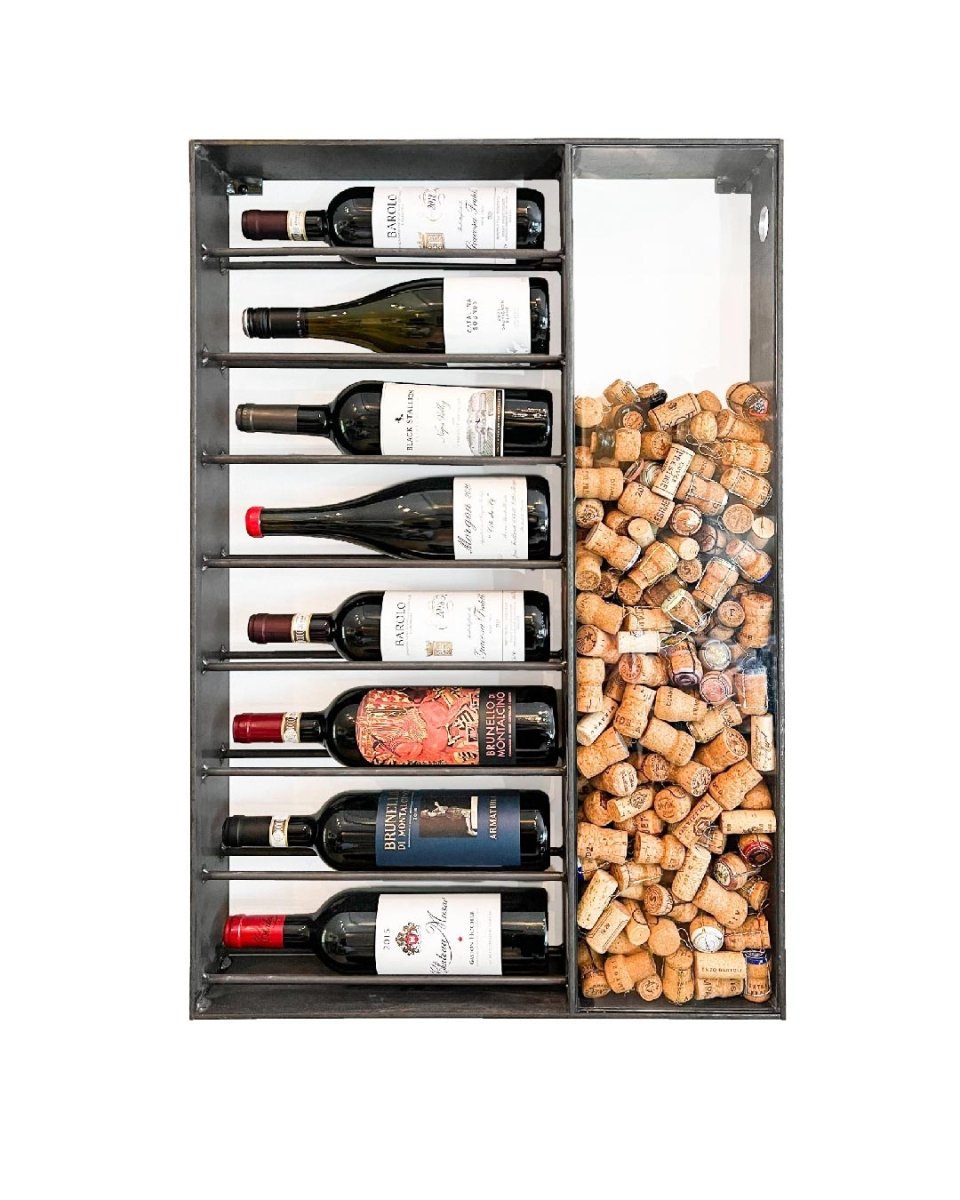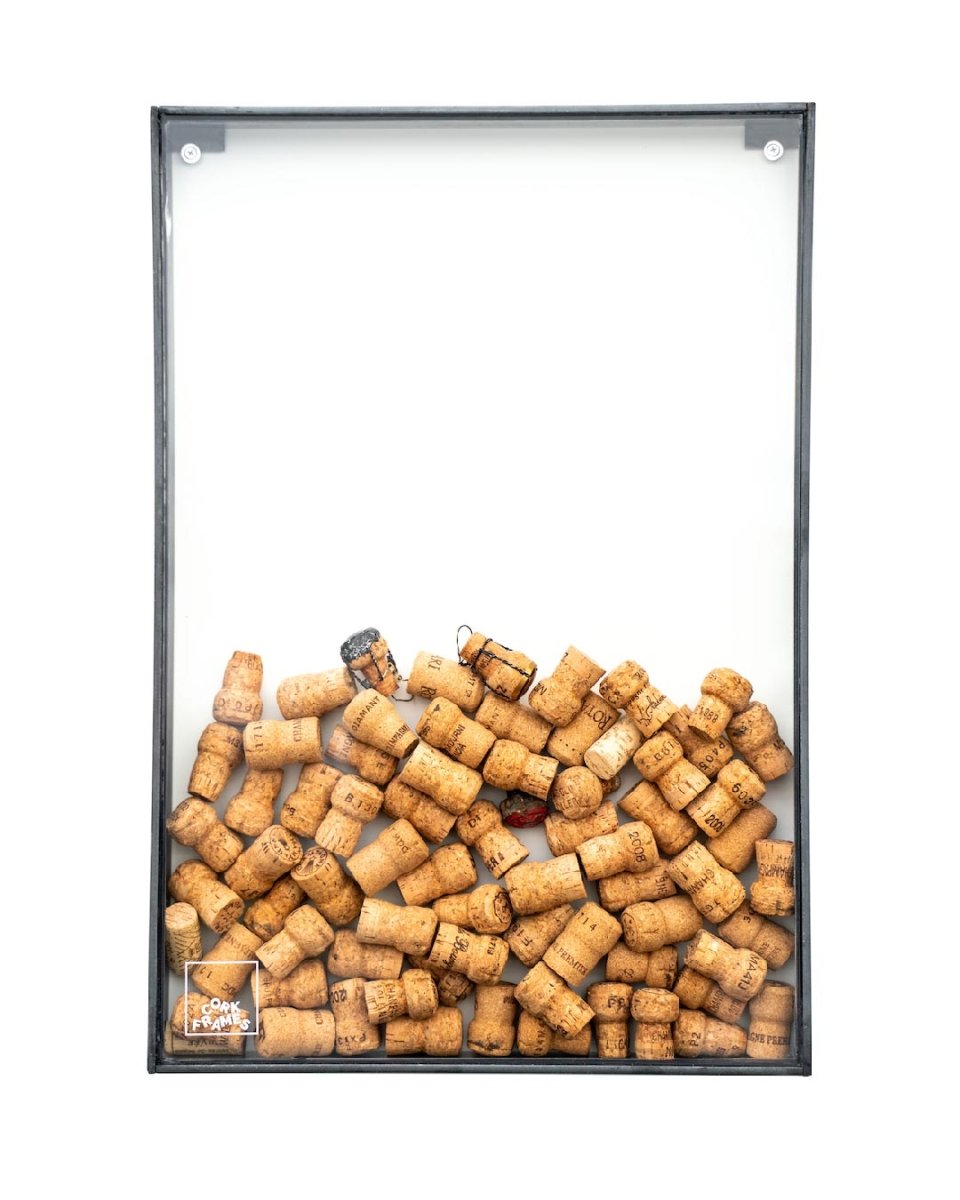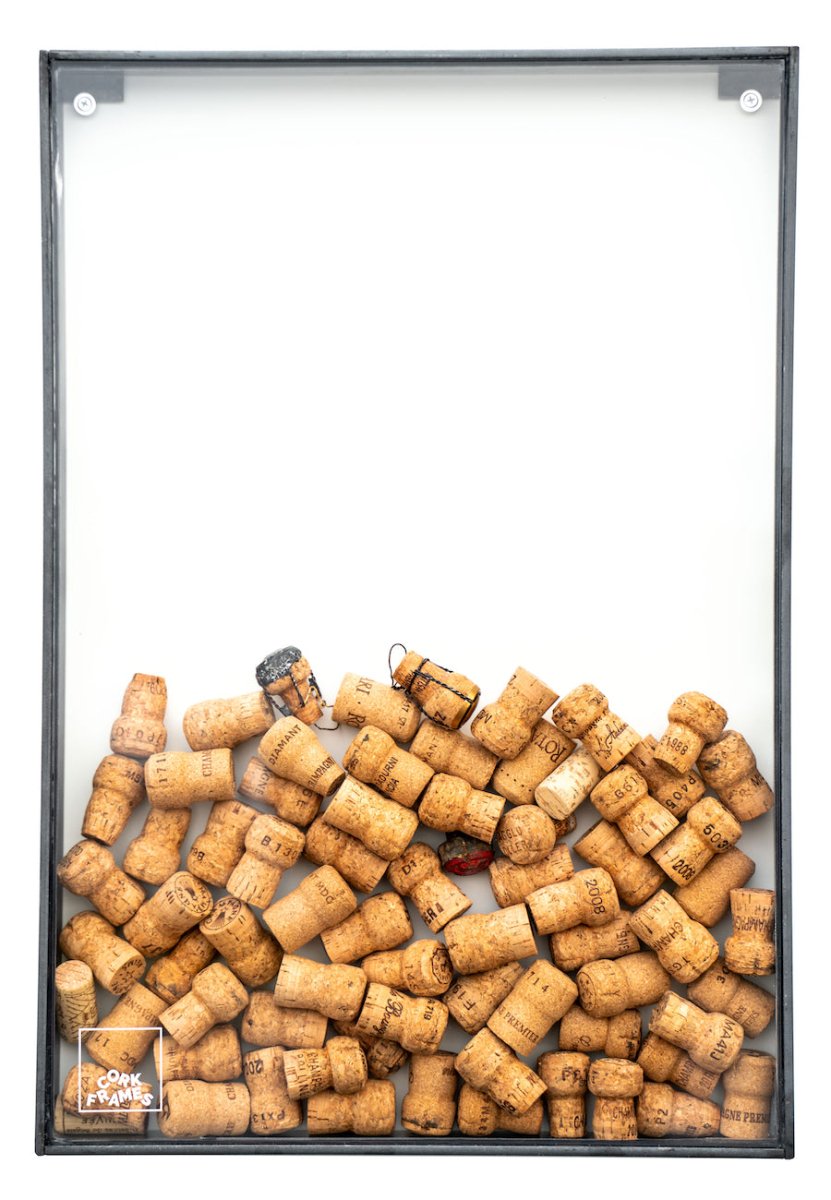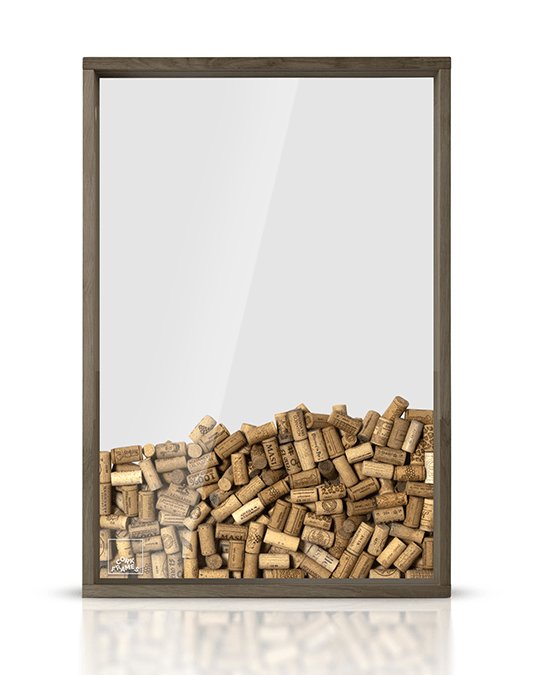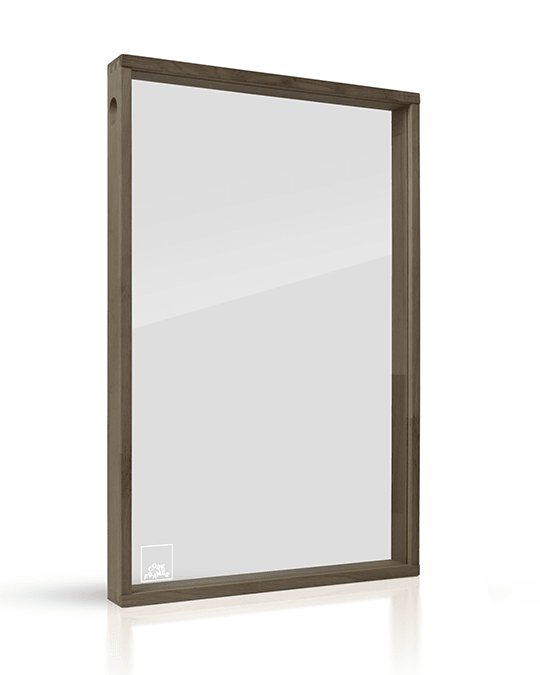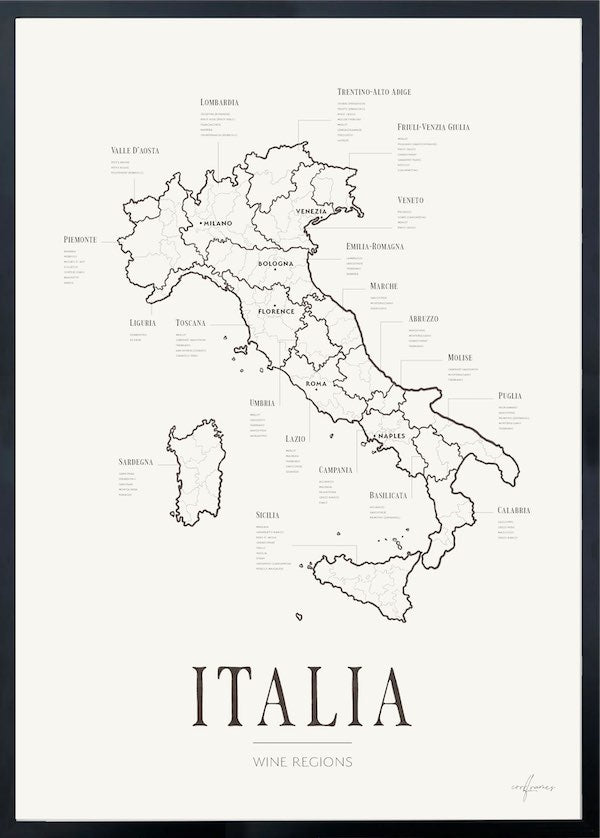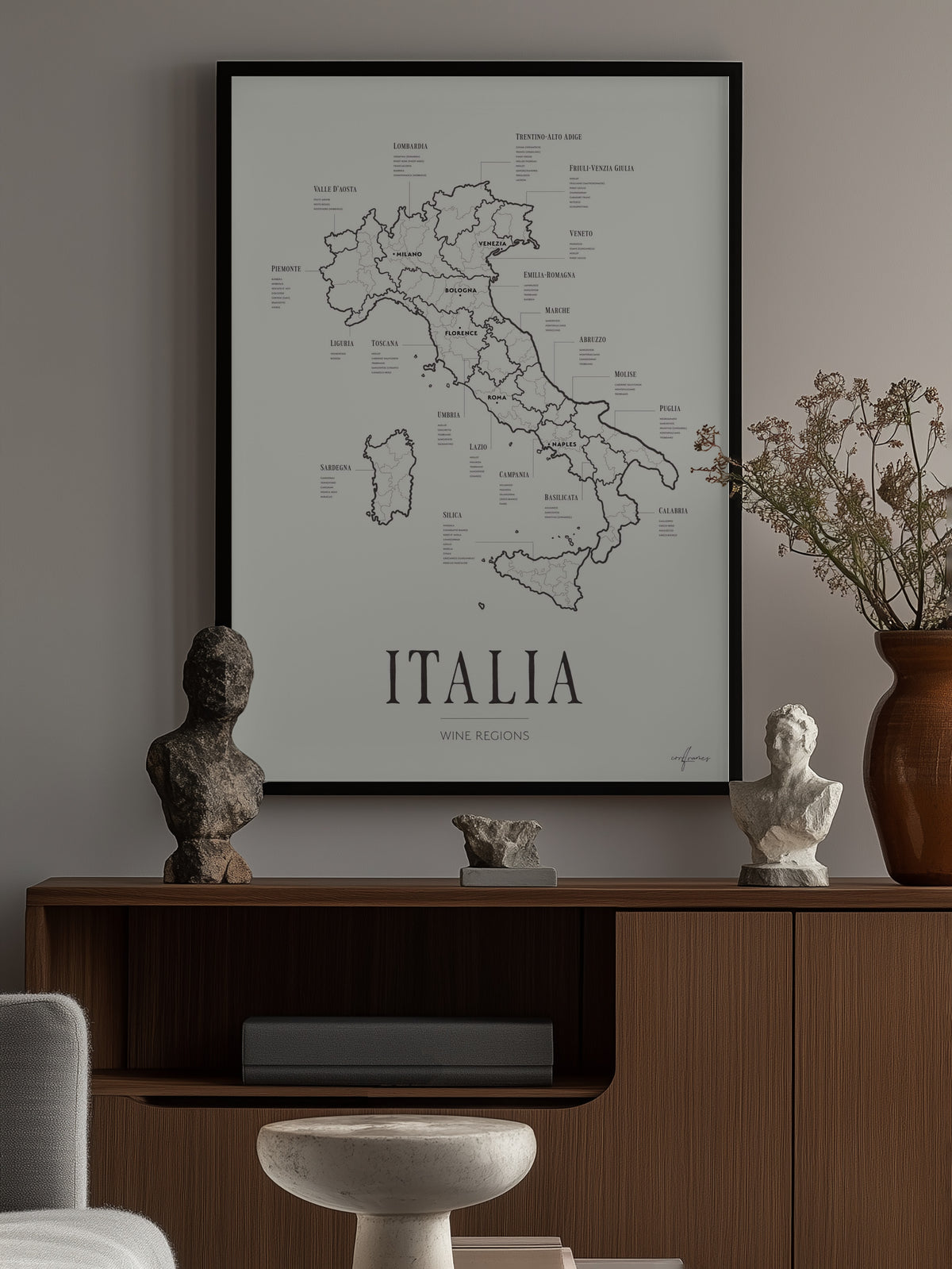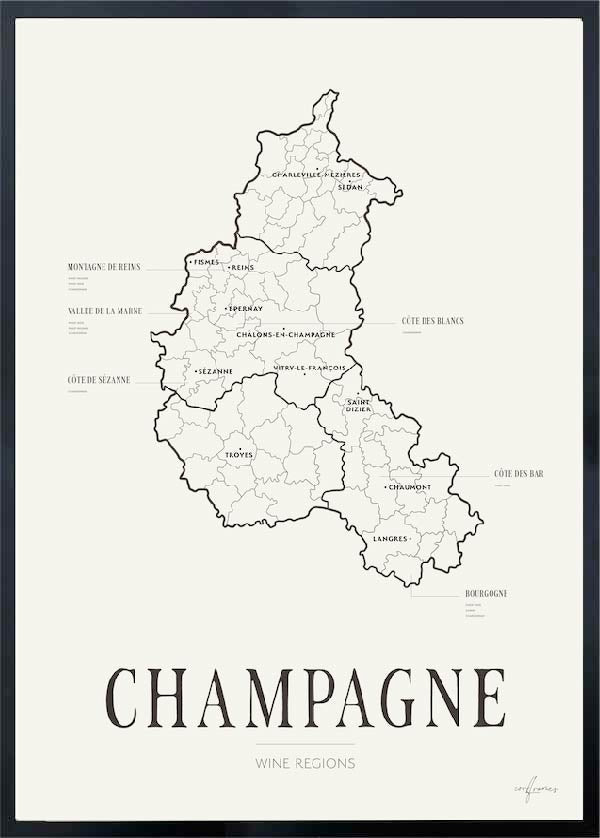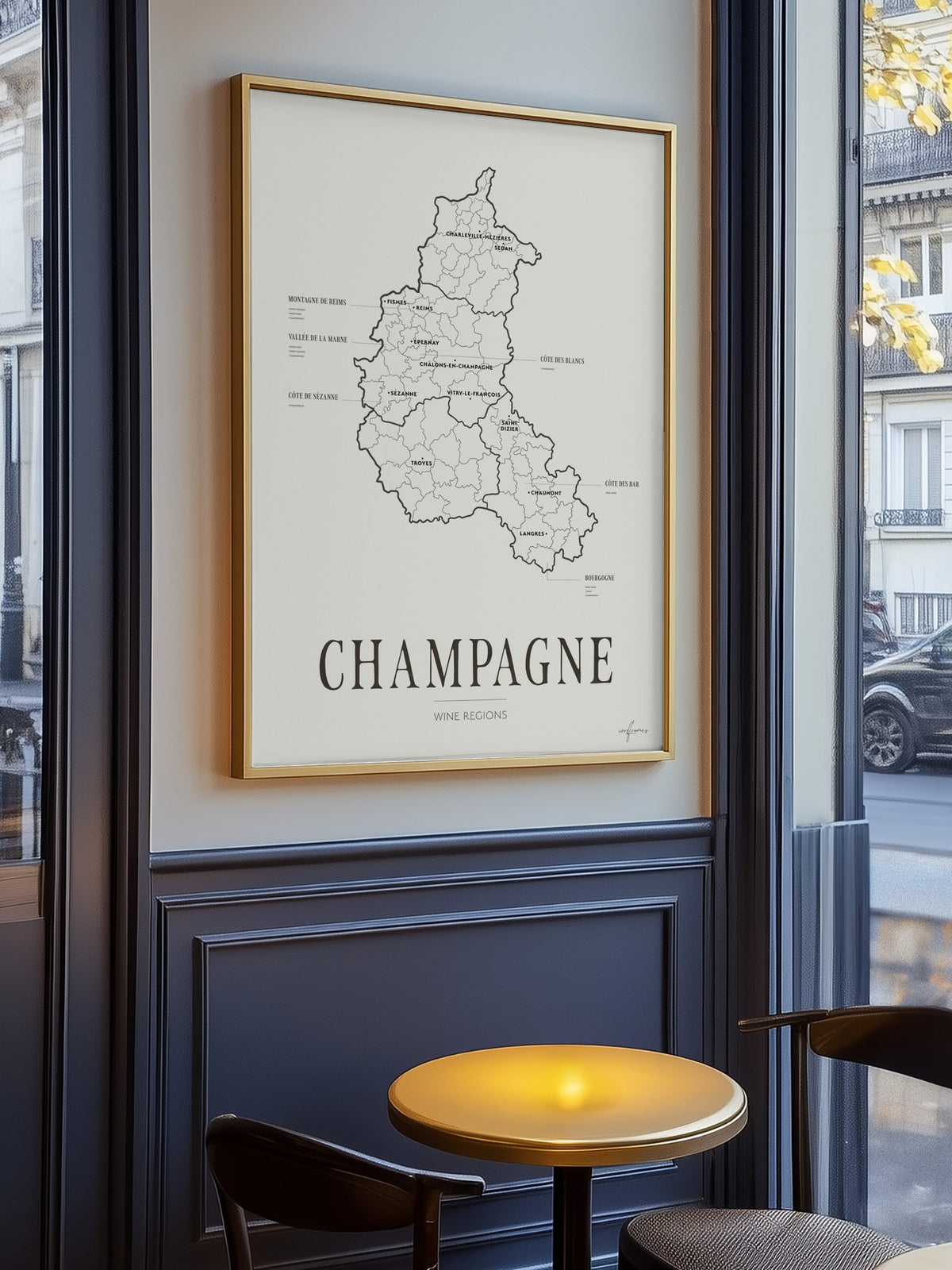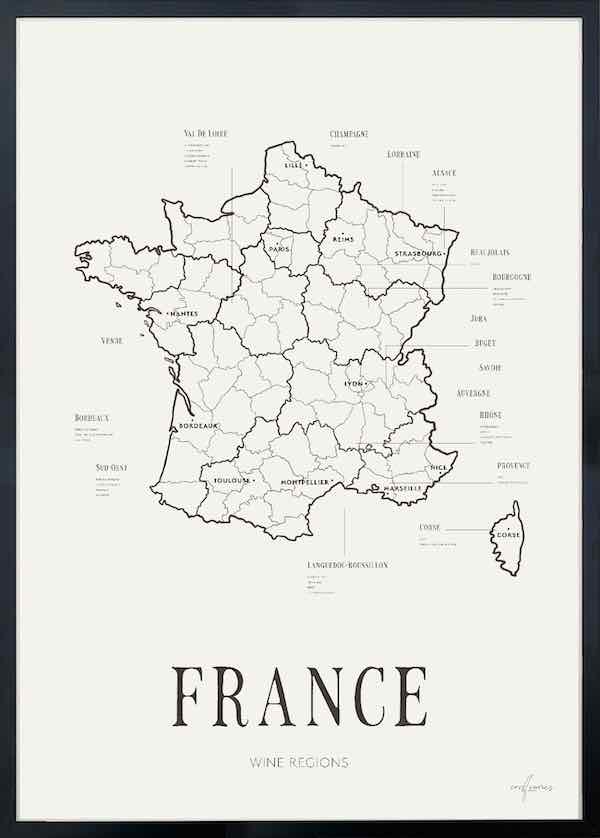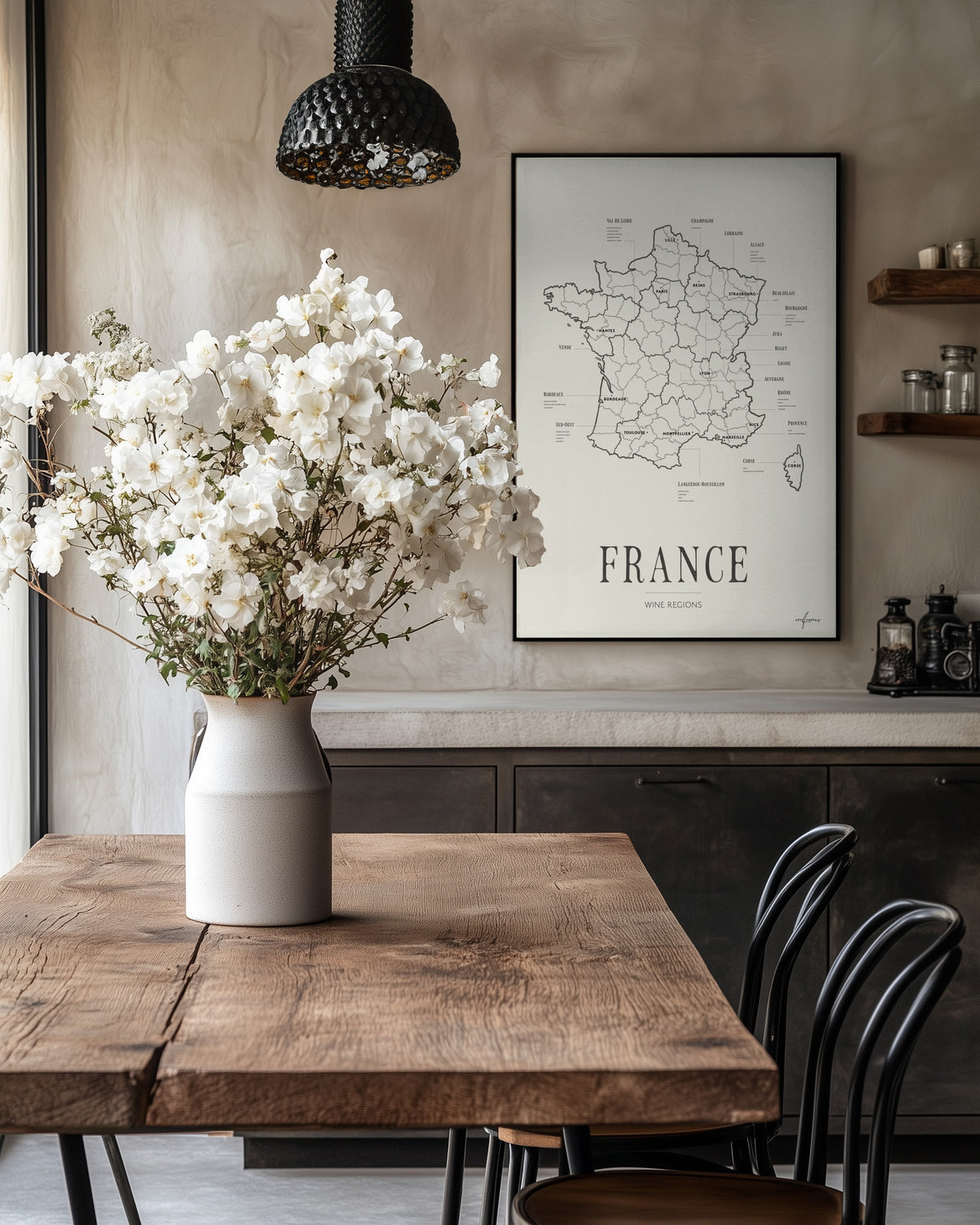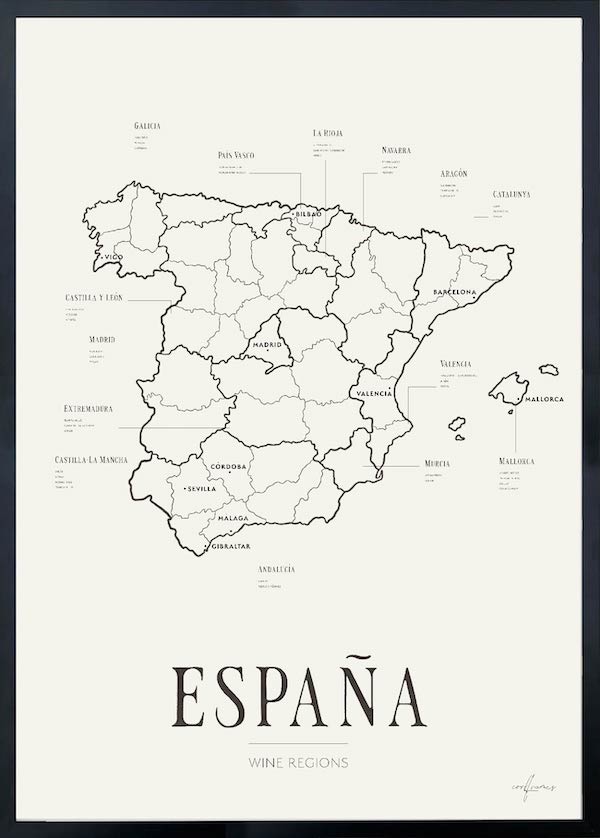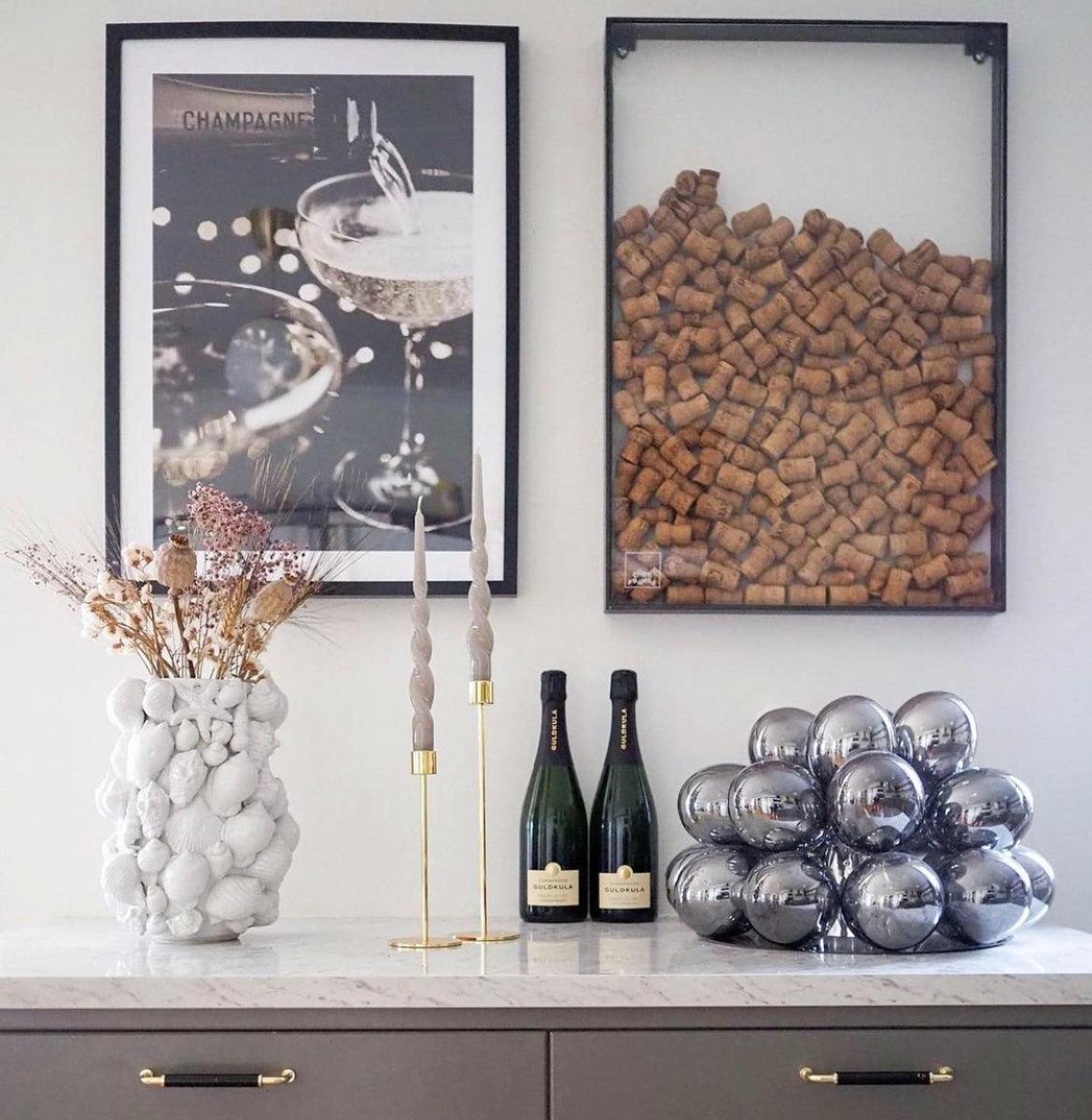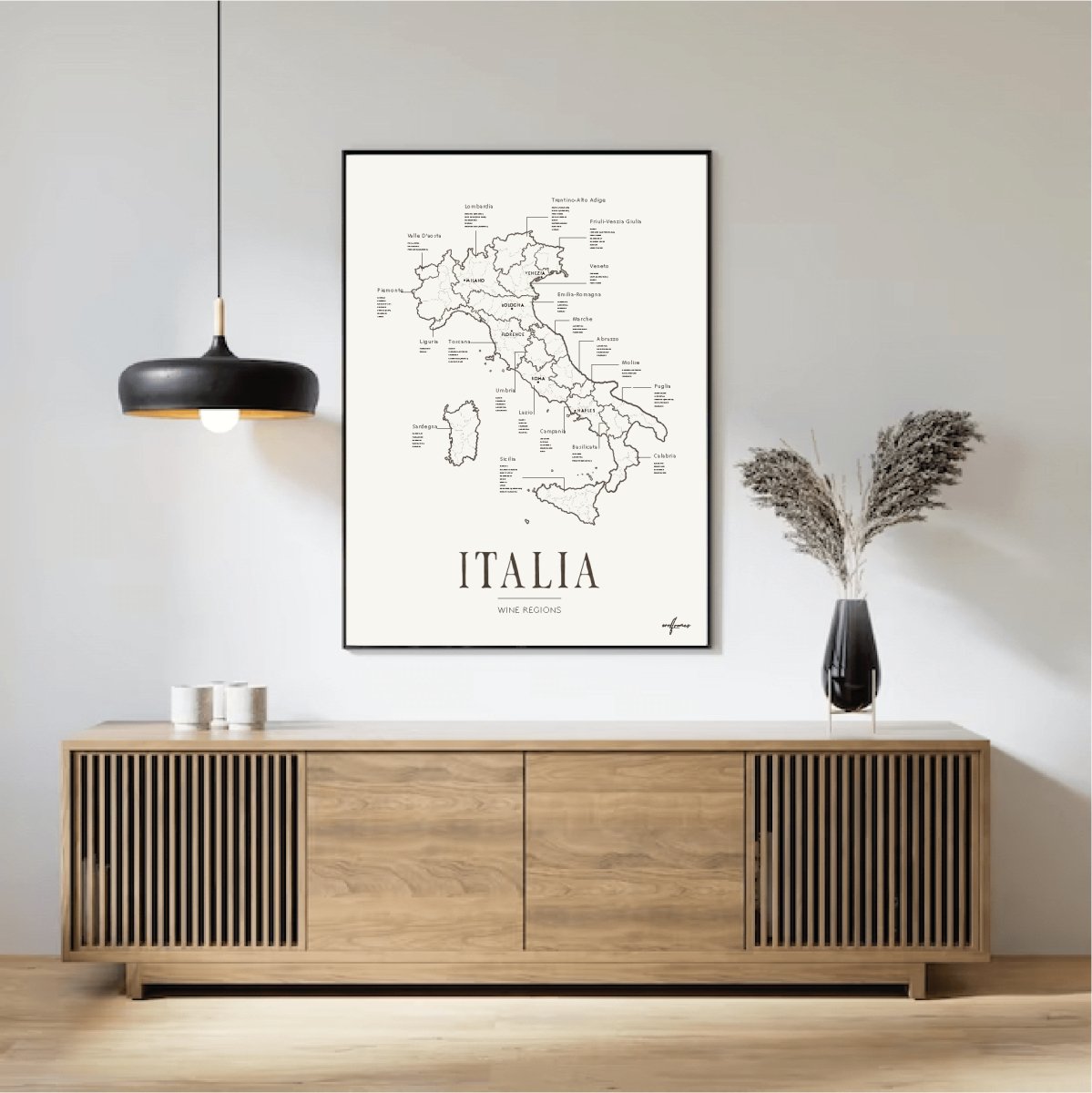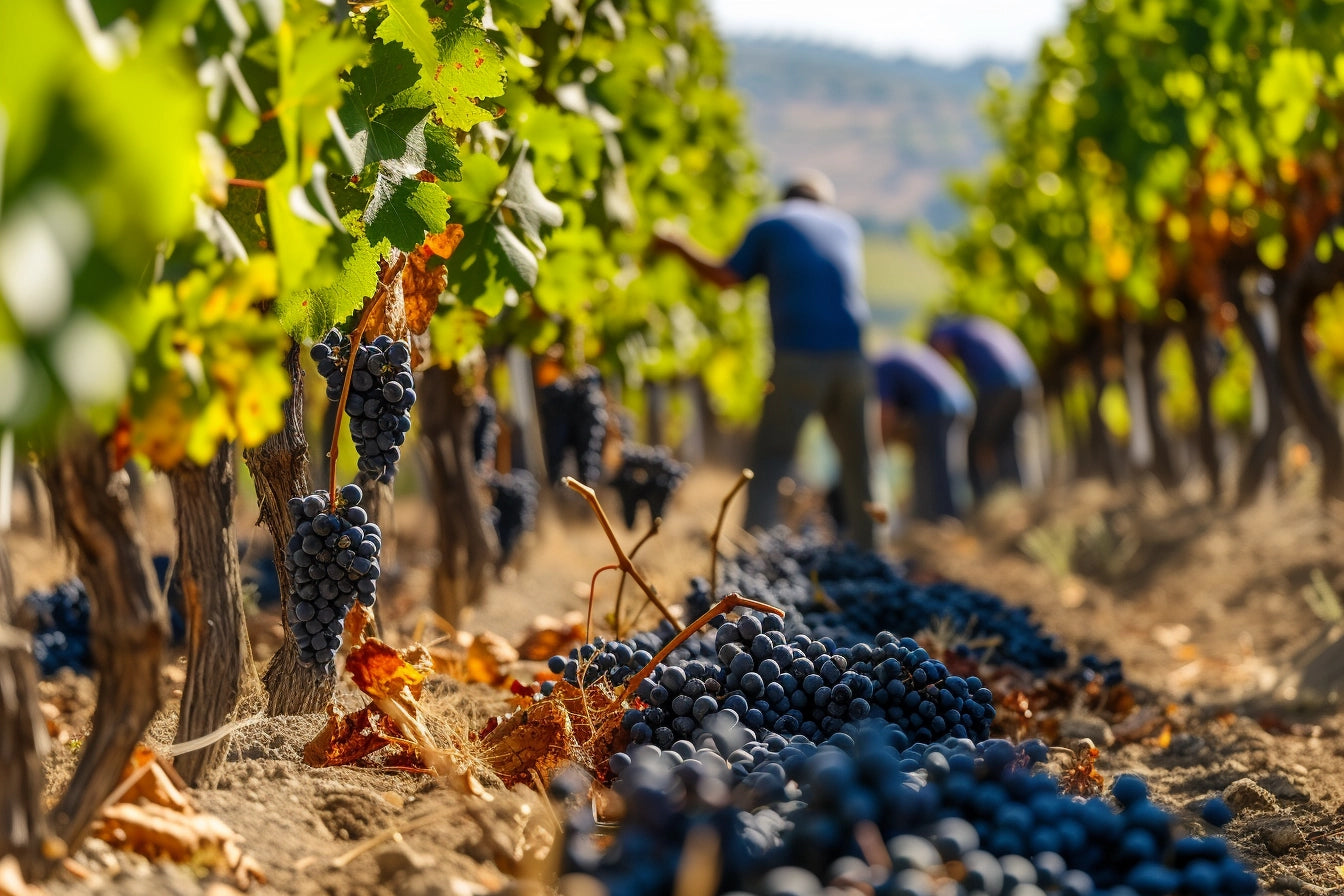As more people shift towards healthier lifestyles, the demand for low-alcohol and alcohol-free wines has surged. What was once a niche market has grown into a significant trend, with winemakers across the globe focusing on creating wines that offer rich, complex flavors but with lower alcohol content.
This shift is driven by consumers who still want to enjoy the pleasures of wine while adapting to a more health-conscious way of life.
Changing Consumption Patterns
A few decades ago, higher alcohol content in wine was often associated with quality and strength. However, as health ideals have evolved and awareness of alcohol’s effects on the body has increased, more wine drinkers are seeking beverages that provide flavor without the high alcohol content. This change has led to the rise of low-alcohol wines, offering a lighter and fresher drinking experience without compromising on quality or taste.
According to IWSR Drinks Market Analysis, the demand for no- and low-alcohol beverages has been steadily increasing in recent years and is expected to continue growing. Younger generations, particularly Millennials and Gen Z, are prioritizing health and wellness, choosing drinks with less alcohol as part of their lifestyle.
Full Flavors Without Compromise
For winemakers, the challenge has been creating wines with low or no alcohol that still retain the complexity and depth of traditional wines. Thanks to advancements in winemaking techniques, it’s now possible to develop low-alcohol and alcohol-free wines that are full of flavor. Using methods like vacuum distillation, reverse osmosis, and spinning cone technology, winemakers can reduce the alcohol content in the wine while preserving the aromas and flavors that make the wine experience unique.
Companies specializing in alcohol-free wines have also expanded their offerings and improved quality. Wines that were once considered simple or bland have transformed into sophisticated beverages, crafted with the same level of care and artistry as traditional wines. This allows health-conscious consumers to enjoy a glass of wine without worrying about the effects of alcohol.
Benefits of Low-Alcohol and Alcohol-Free Wines
For many, choosing low-alcohol or alcohol-free wine goes beyond health concerns. In addition to fewer calories, these wines appeal to those who want to reduce their alcohol intake for other reasons—whether it’s to stay sharp, drive home safely, or simply avoid feeling sluggish the next day after social events.
Another major benefit is that these wines open up new opportunities for food pairings. Lighter wines with less alcohol can complement dishes that might have been overpowered by stronger wines in the past. Meals with delicate flavors, such as salads or seafood, can now be perfectly paired with a wine that enhances rather than dominates the dish.
A Growing Market
Winemakers have recognized the potential in the health-conscious market and are actively expanding their ranges of low-alcohol and alcohol-free wines. Major wine regions like France, Italy, and Spain have all begun producing wines that cater to this new trend, and we’re also seeing an increase in organic and sustainably produced options.
At the same time, wine tastings and restaurants have started including alcohol-free wine menus to meet growing demand. This means more people, regardless of their reasons for reducing alcohol intake, can still participate in the wine experience in a meaningful and enjoyable way.
The Future of the Wine Industry
The growing popularity of low-alcohol and alcohol-free wines reflects a broader shift in how we consume alcohol. The wine world is entering a new era where innovation and consumer needs go hand in hand. Winemakers must continue to balance the demand for healthier options with the desire to preserve the traditions and quality of wine.
We are only at the beginning of this journey, and the future looks bright for both winemakers and consumers. With more high-quality low-alcohol and alcohol-free wines appearing on the market, we can expect this trend to keep expanding—to the delight of wine lovers everywhere, no matter their alcohol preferences.


